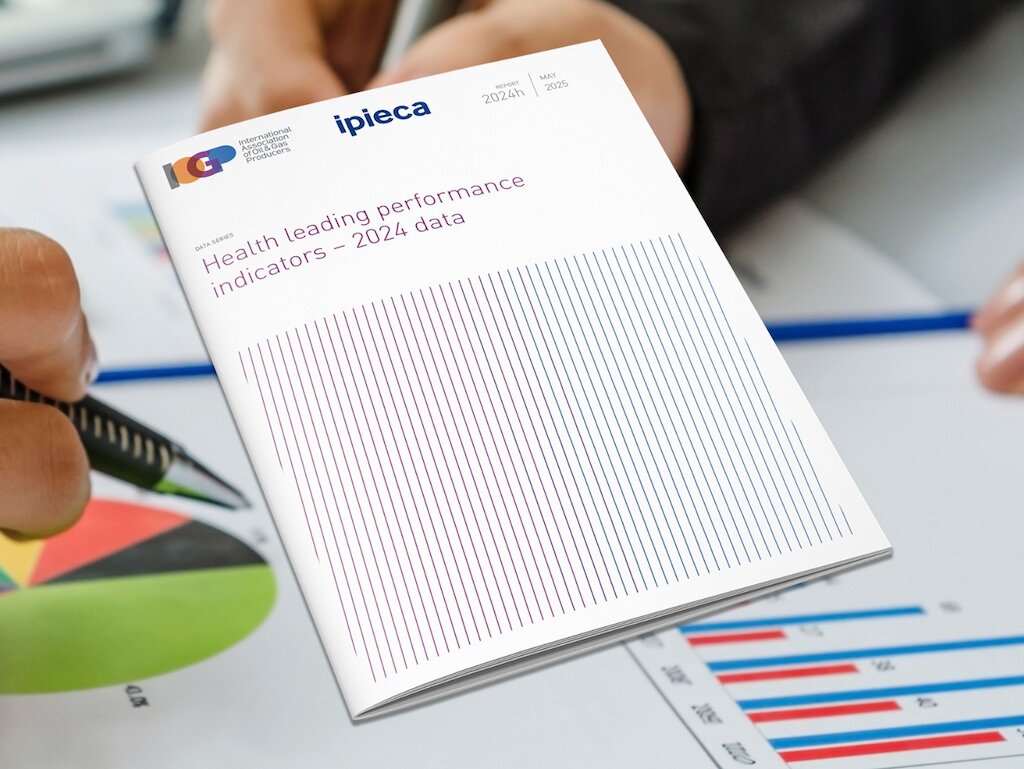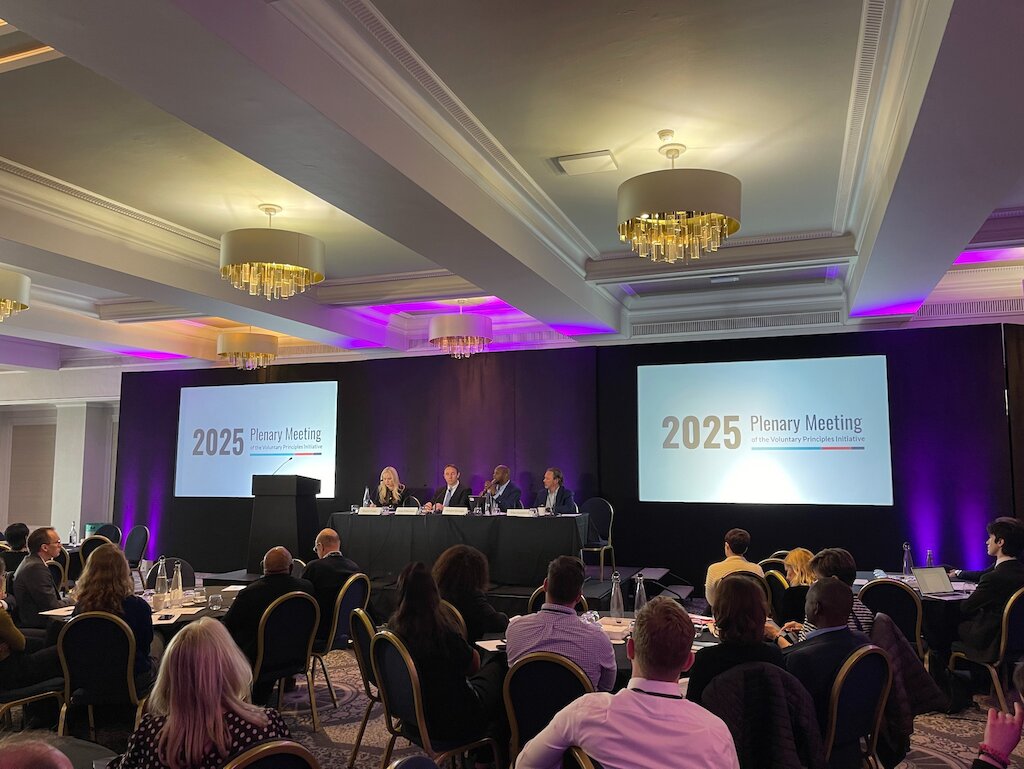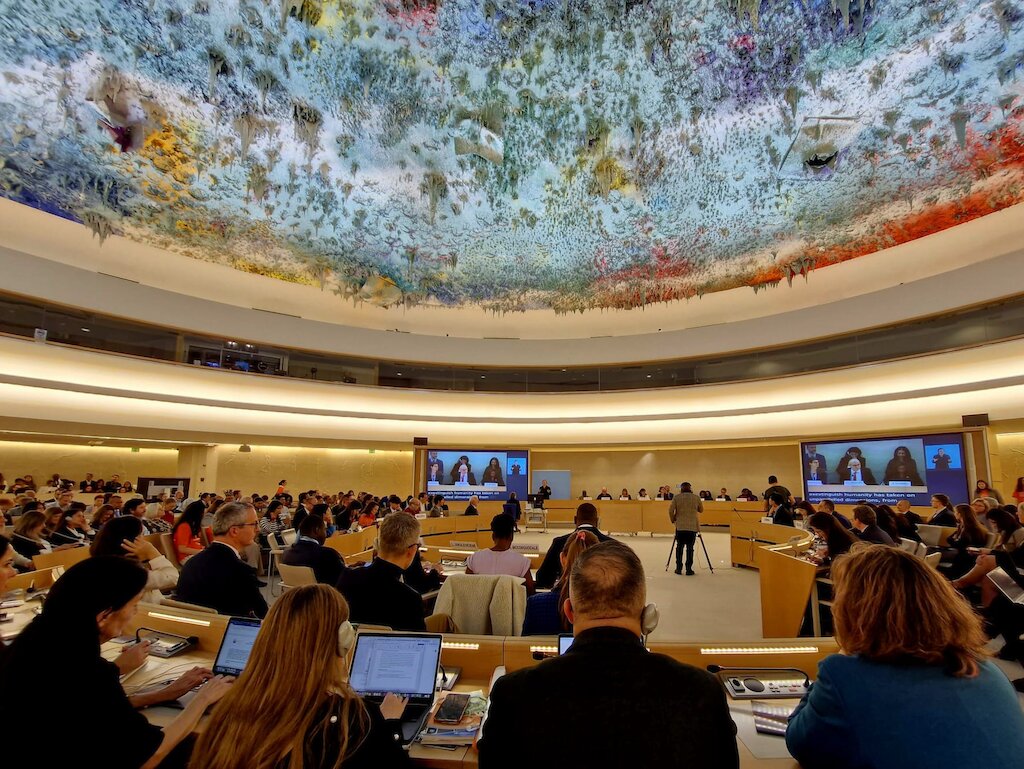Working at Ipieca, which operates at the intersection between the oil and gas industry and the sustainable development agenda, provides a remarkable viewpoint to see the transformational role business can play in some of the world's biggest and most complex challenges, and the undeniable connection between climate, nature, people and sustainability.
Human rights, which are central to Ipieca's work, are a prime example of an issue to which business can make a huge contribution and in doing so can have a positive impact across the whole sustainable development agenda.
For our members, being part of Ipieca means being able to work together on producing and sharing practical guidance on designing and implementing human rights frameworks.
I am proud to say that Ipieca and its members took part in the initial consultation and development of the UN Guiding Principles on Business and Human Rights (UNGPs) which clarify the state duty to protect human rights and make respect for human rights a core expectation of business, providing agreed upon standards for what governments and businesses need to do to embed respect for human rights in a business.
The UNGPs are now an essential part of what Ipieca does. Since they were launched, Ipieca and its members have worked together to produce a whole suite of guidance and tools covering a wide range of human rights issues to support the industry to operationalise the UNGPs.
Last week, we released an important update to our human rights toolkit, taking another step in supporting the industry to implement the UNGPs: Ipieca's Human rights due diligence guidance. Designed for oil and gas companies across the value chain, also applicable for those companies involved in alternative energy projects, its aim is to support businesses to embed respect for human rights in their management systems and on the ground operations.
Like most of Ipieca's work it is a practical guidance, providing step by step advice on how to develop HRDD processes and incorporate these into a company's existing human rights framework.
The release of the HRDD guidance is timely. We are approaching the UNGPs 10th anniversary in June, during which the UN Human Rights Working Group is calling for a global scale up of the implementation of the UNGPs - a call to action which Ipieca is proud to be supporting, through this guidance and our other human rights related guidance.
Prioritising human rights really can enable a company to play a transformative role in society. The United Nations Development Programme has stated that 'Over 90% of the goals and targets of the SDGs correspond to human rights obligations'. It's clear that that if we do not respect and protect human rights then it will not be possible to fulfil the ambitions of the 2030 Agenda. However, by addressing negative human rights impacts and enhancing positive ones, companies can help to advance the aims of the UN Sustainable Development Goals, while also promoting economic growth accompanied by social fairness.
Human rights due diligence is also good for business too. By respecting the rights of individuals, companies produce safe environments which help to retain and attract talented workers producing high quality outputs. Since the launch of the UNGPs, the concept of corporate human rights due diligence is attracting more attention from regulator and investors; adopting human right due diligence processes can help you stay on top of regulations and meet investor and lender requirements.
The UNGPs 10th anniversary allows us to reflect on progress made so far, but more importantly to build momentum on embedding human rights in all companies across all sectors. Ipieca and its members are committed to supporting organizations across the oil and gas industry and beyond to put the UNGPs at the core of their businesses.




